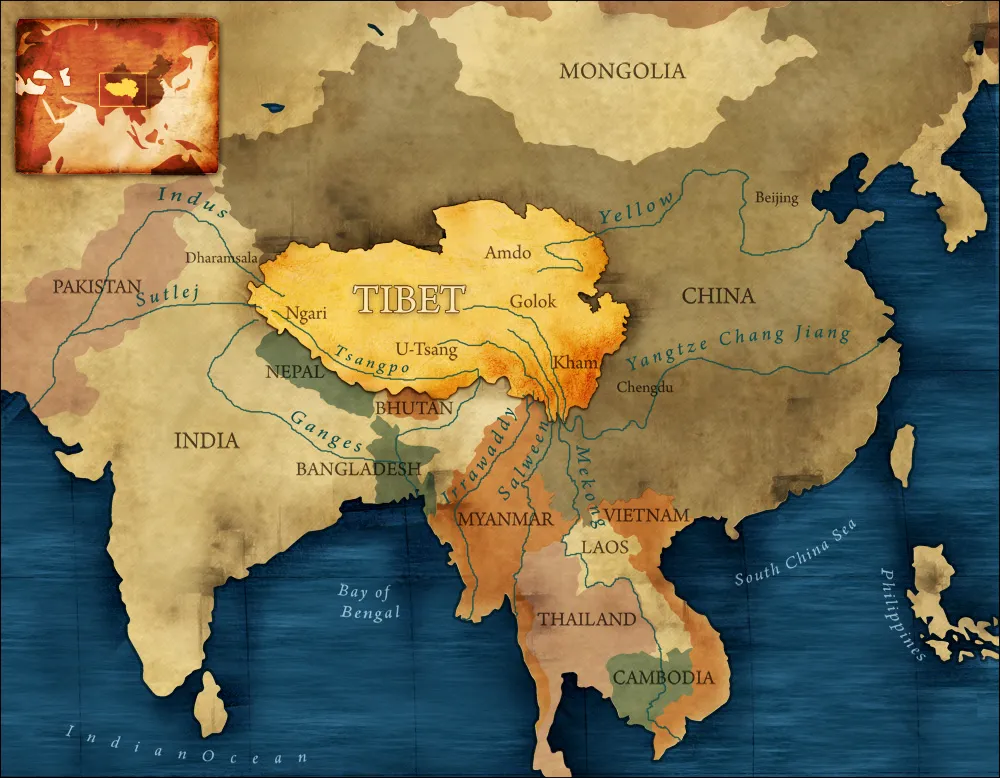
Tibetans Want More Autonomy, Not Separation from China
Tibetans in exile and in Tibet have been calling for more autonomy from China for decades. They say that they want to be able to practice their culture and religion freely, and to have a say in how their land is governed.
The Chinese government has long denied Tibetans the right to self-determination, and has cracked down on dissent. In recent years, it has also been accused of carrying out a number of human rights abuses in Tibet, including arbitrary detention, torture, and forced disappearances.
Despite the risks, Tibetans continue to speak out for their rights. In recent months, there have been a number of protests in Tibet, and in exile, against the Chinese government.
In a recent interview, the Dalai Lama, the spiritual leader of Tibet, reiterated his call for more autonomy for Tibet. He said that Tibetans do not want to separate from China, but they do want to be able to govern themselves.
“We want to remain within the People’s Republic of China,” the Dalai Lama said. “But we want genuine autonomy, so that we can manage our own internal affairs.”
The Chinese government has rejected the Dalai Lama’s calls for autonomy, saying that they are a threat to China’s sovereignty.
However, many experts believe that granting Tibetans more autonomy would be in China’s best interests. They say that it would help to reduce tensions in Tibet and improve China’s image on the world stage.
“Granting Tibetans more autonomy would be a wise move for China,” said one expert. “It would help to create a more stable and prosperous Tibet, and it would show the world that China is committed to human rights.”
Only time will tell whether the Chinese government will heed the calls of Tibetans and the international community for more autonomy in Tibet. However, it is clear that Tibetans are not going to give up their fight for their rights.




